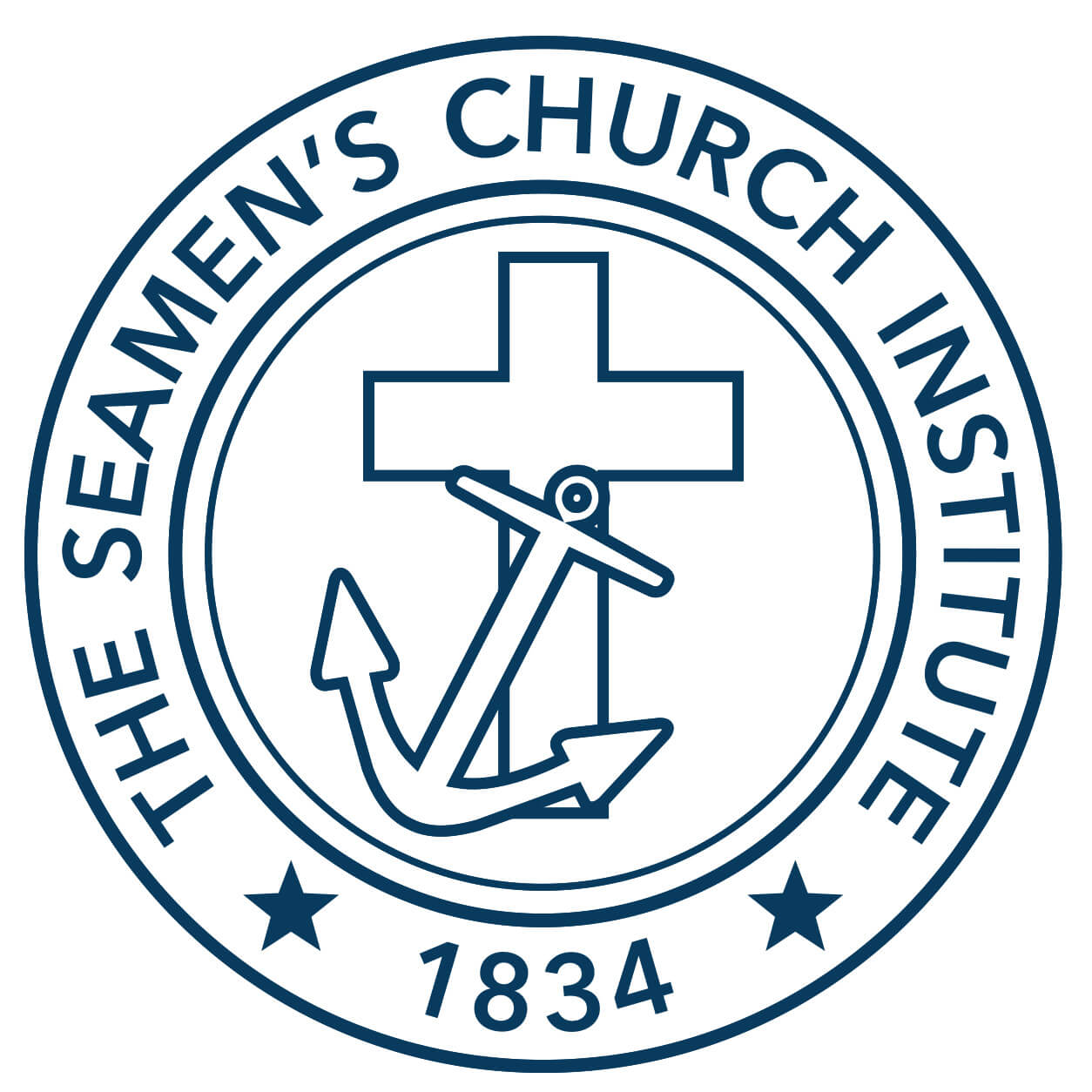Mariner Wellness Insights from GICA and AWO Industry Discussions

Philip C. Schifflin, Jr., Esq.
Director, Center for Mariner Advocacy

At the Seamen’s Church Institute (SCI), we have always prioritized the wellness of mariners, both their physical health and their mental well-being. As Director of SCI’s Center for Mariner Advocacy, I regularly advocate for policies and practices that strengthen mariner wellness. In August, I had the opportunity to present some of these initiatives, particularly focused on inland mariners, at two industry events.
At the Gulf Intracoastal Canal Association (GICA) seminar in New Orleans, Louisiana, on August 6 to 8, I shared the results of a joint study conducted by Yale University and SCI. This study reviewed existing academic literature and included interviews with inland marine industry executives, with the goal of identifying wellness initiatives that had been tried and evaluating their effectiveness.
The findings revealed that, while various initiatives have been attempted, none have been notably successful with most showing only marginal results. A particularly important insight from the interviews was that executives are eager to invest in mariner wellness but feel there is no clear roadmap for implementing or scaling effective programs. To me, however, this signals opportunity: if we can collectively develop such a roadmap, there is a strong willingness to adopt it.
The study also highlighted cultural barriers. Many mariners themselves place limited value on wellness initiatives…Thus, changing cultural perceptions will be a critical first step.
The study also highlighted cultural barriers. Many mariners themselves place limited value on wellness initiatives, making it difficult to achieve meaningful improvements without their buy-in. Thus, changing cultural perceptions will be a critical first step.
Another key finding was the need to strengthen the existing “culture of care,” not only for mariners but also for their families. Such a culture would include efforts to improve communication, leadership training, nutrition, fatigue management, and access to mental health care.
At the American Waterways Operators Summer Safety Meeting in Chicago, Illinois, on August 13 to 14, I moderated a panel of Mariner Wellness Steering Committee members, including Jim Guidry (Kirby), Kelly Clapp (Ingram), Dr. Kyle Turnbo (Healthworks), Grace Pardun (SCI), and Dr. Marty Slade (Yale University, participating remotely).
Guidry, the committee chair, explained that while the group values both physical and mental health wellness, he prioritized mental health because fewer initiatives have focused on this area. Since mental health often directly impacts physical health, the committee agreed it was an important place to start. The panel outlined four active work groups:
- • Developing improved mental health screening tools for pre-employment or pre-crew change.
- • Creating best practices for HR professionals supporting mariners facing mental health challenges.
- • Addressing licensure issues for mental health providers so mariners can continue care across state lines.
- • Establishing return-to-work best practices after a mental health-related absence.
Clapp also shared that not all Employee Assistance Programs (EAPs) provide adequate mental health options, recommending companies carefully review their EAP offerings to ensure they meet mariner needs.
Both presentations were well received and generated strong engagement during the Q&A sessions. These discussions underscored the need for continued collaboration to develop practical, scalable approaches to improving mariner wellness, and, importantly, to better integrate health and well-being into the very culture of maritime professionals, both on vessels and shoreside, with particular focus on mental health.
